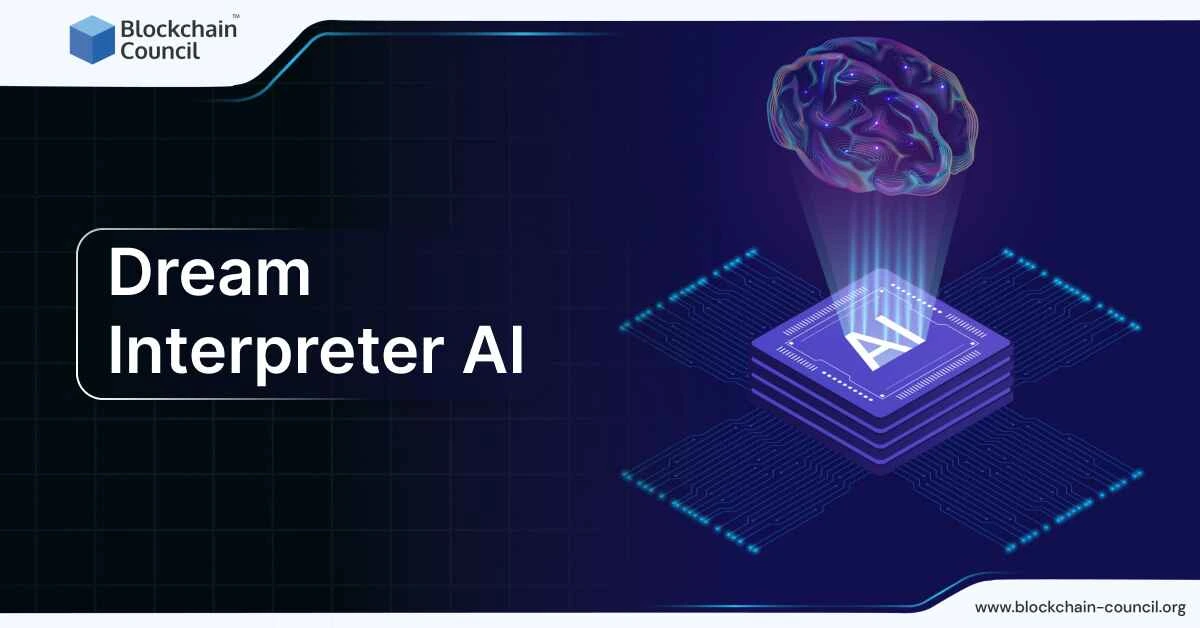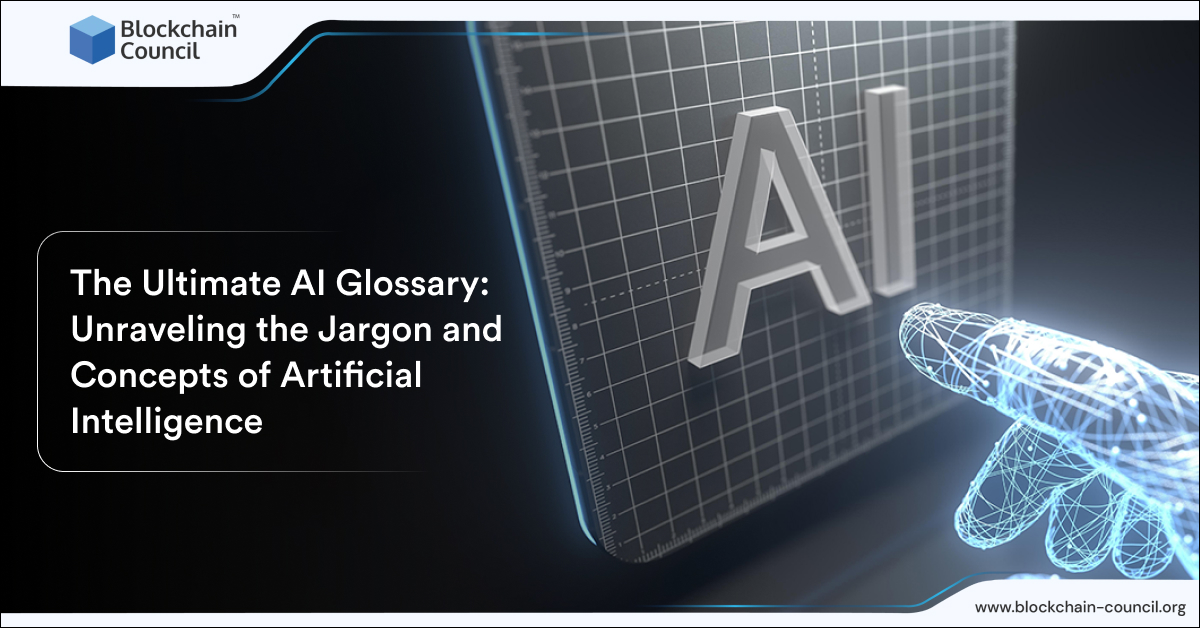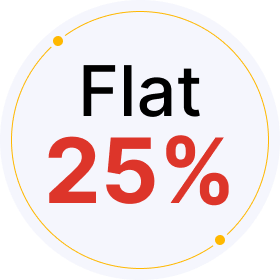
- Blockchain Council
- December 02, 2024
Artificial Intelligence (AI) has impacted countless sectors, and marketing is certainly among them. One remarkable leap forward is AI-based market segmentation, allowing companies to understand and reach their target groups with accuracy like never before.
Defining AI-Enhanced Market Segmentation
Market segmentation is the process of dividing a large customer or business market into smaller, more defined groups that share certain characteristics. In the past, traditional segmentation relied on factors like location, demographics, interests, and behavior. However, these conventional methods often lacked the fine detail needed for highly customized marketing plans.
AI-enhanced market segmentation uses machine learning and advanced data tools to sift through massive datasets, spotting patterns and insights that might go unnoticed otherwise. With this approach, businesses can create precise, dynamic customer groups, improving marketing effectiveness and efficiency.
For anyone interested in deepening their knowledge of AI, the Certified Artificial Intelligence (AI) Expert™ certification is a great place to start.
Advantages of AI-Enhanced Market Segmentation
Bringing AI into market segmentation offers various benefits, such as:
- Improved Accuracy: AI digs deep into complex data, revealing patterns that create more accurate and relevant customer groups.
- Current Insights: AI keeps processing information continuously, providing real-time updates on trends and shifts in customer habits.
- Personalization on a Large Scale: Companies can customize messages to align with individual preferences, resulting in higher engagement and better conversion rates.
- Cost-Effectiveness: By automating segmentation, AI cuts down on time and resources compared to manual analysis, allowing companies to make better use of their marketing funds.
Market segmentation with AI requires precision, and becoming a Certified Prompt Engineer™ can help build that skill.
Real-World Examples of AI-Enhanced Market Segmentation
Various companies have successfully integrated AI-enhanced segmentation into their operations:
QXO’s Technology Shift
QXO, a new player in the building supplies industry, has adopted AI to bring its operations up to date. Traditionally reliant on phone-based transactions, this field has been slow in adopting modern tech. Under Brad Jacobs’s leadership, QXO appointed Ashwin Rao as Chief AI Officer, tasked with building an AI team. This team aims to improve inventory systems and forecast demand, streamlining operations and refining customer targeting.
Klarna’s Efficiency in Marketing
Swedish “buy now, pay later” company Klarna has used AI to trim down marketing and sales expenses. In the first quarter of 2024, the company reduced these costs by 11%, with 37% of that savings thanks to AI. By using generative AI tools like Midjourney and DALL-E, Klarna saved $1.5 million in image creation costs, cutting production time from six weeks to just a week. The company also reduced spending on external marketing services by 25%, achieving more personalized and budget-friendly campaigns.
National Australia Bank’s Customer Engagement Tool
National Australia Bank (NAB) reported a 40% increase in customer engagement after introducing its AI tool, the “customer brain.” Using machine learning to examine customer behaviors and anticipate needs, the tool allows NAB to connect with customers in a timely, relevant way.
Fashionphile’s AI-Driven Marketing Strategy
Luxury resale platform Fashionphile has embraced AI to enhance its marketing strategy. According to Sophia Tsao, Chief Digital and Marketing Officer, the company uses AI for customer segmentation and dynamic content, resulting in a 5-10% increase in open rates and a 0.1-2% increase in click-through rates. By automating repetitive tasks, AI frees up the team to focus on strategy and new ideas.
To get a comprehensive understanding of AI, the Master Artificial Intelligence (AI) Learning Path is a solid foundation.
Emerging Developments in AI-Enhanced Market Segmentation
Recent developments in AI-enhanced segmentation highlight some exciting trends:
Generative AI in Marketing Content Creation
Generative AI has become an influential tool in marketing, creating tailored content quickly and effectively. A report from McKinsey indicates that marketing and sales teams are among the most frequent adopters of generative AI, with usage more than doubling. This technology enables companies to better understand customer preferences by analyzing text, images, and videos, refining their marketing approaches.
AI in Political Campaigns
AI has started to impact political campaigns, offering insights into individual voter behavior and dividing voters into specific groups. This data-driven approach allows campaigns to fine-tune their strategies with high accuracy, giving campaigns targeted insights to shape their message.
AI in Real Estate
AI is transforming real estate by changing how properties are bought and sold. Platforms like Realeflow help investors by identifying the neighborhoods and properties with the highest likelihood of sale. Zillow has also implemented AI, enabling users to search for homes with natural language, providing results that align better with user preferences.
AI-driven market segmentation requires specialized skills, which the Certified Artificial Intelligence (AI) Developer™ credential can provide.
Challenges in AI-Enhanced Market Segmentation
While AI-driven segmentation offers numerous benefits, it also presents a few challenges:
- Privacy of Data: Handling large datasets can lead to concerns about data security and individual privacy.
- Bias in Algorithms: AI can unintentionally carry over biases found in training data, which might result in unfair targeting or excluding certain groups.
- Complexity of Implementation: Setting up AI-based systems requires technical expertise, which may pose challenges for smaller businesses.
Future of AI-Enhanced Market Segmentation
Looking ahead, AI-driven segmentation will likely keep advancing, blending greater personalization and efficiency into marketing strategies. Key future trends include:
Hyper-Customization on the Rise
With growing demand for tailored experiences, AI will go beyond basic segmentation to uncover insights based on individual behaviors and preferences. Advanced AI models will anticipate customer needs, enabling companies to offer content or product suggestions precisely when they’re relevant. For example, AI could soon detect life events like weddings or moves, offering products or services aligned with these milestones.
Expansion of AI for Small Businesses
As AI tools become more affordable, small and medium businesses (SMEs) will gain access to insights previously available to larger corporations. This trend will empower smaller businesses with detailed customer insights at a manageable cost, letting them compete with bigger brands.
Ethical AI and Fair Data Use
With a heightened focus on privacy, companies are moving towards “explainable AI” techniques, clarifying how decisions are made. This transparency fosters trust among consumers concerned about data usage, as it prioritizes fair practices and reduces bias in AI processes.
Combining Different Data Types
AI will allow segmentation models to combine various data types—like text, images, and audio—to build a complete customer profile. This approach enables companies to create finely tuned segments, drawing on data such as emotional cues and social media activity to shape marketing that resonates on an emotional level.
Adaptability in Real-Time
AI will increasingly support real-time segmentation, adjusting customer groups on the fly as new data becomes available. This flexibility is particularly valuable in industries like fashion or tech, where preferences can shift frequently. AI models that learn from recent interactions let businesses stay in sync with customer needs, fine-tuning campaigns and messages for maximum impact.
To stay current in AI-driven market segmentation, our Unlimited Learning Subscription (AI) offers flexible, ongoing access to expert resources.
Final Thoughts
AI-powered market segmentation is shifting the way brands connect with their customers, providing insights into consumer habits and choices on a level that hasn’t been possible before. By analyzing massive datasets with speed and accuracy, AI helps companies craft more personalized, effective marketing strategies. In the coming days, AI in market segmentation will only continue to evolve, bringing new possibilities for businesses looking to engage their audiences.


































































 Guides
Guides News
News Blockchain
Blockchain Cryptocurrency
& Digital Assets
Cryptocurrency
& Digital Assets Web3
Web3 Metaverse & NFTs
Metaverse & NFTs
